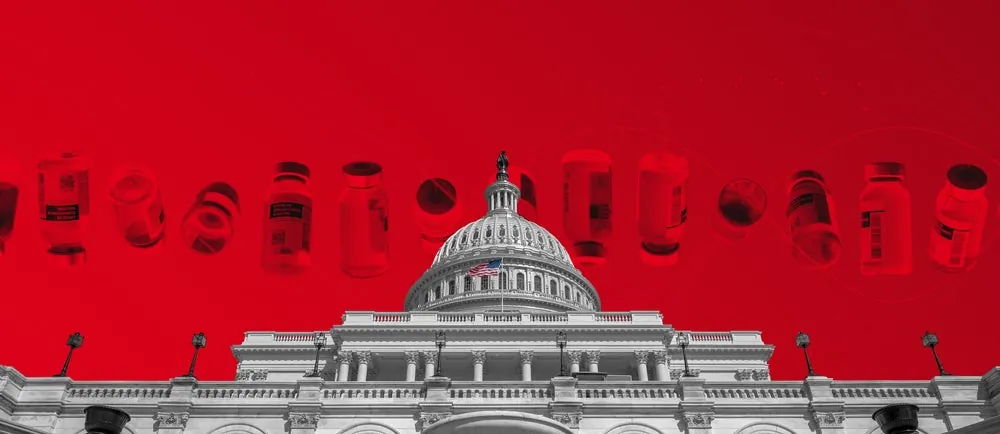
Funding Cuts Put Brakes on mRNA Cancer Vaccine Innovation: What’s Next?
2025-09-18
Author: Wei
Funding Cuts Spark Worries in Cancer Research
The landscape of mRNA vaccine research is facing dire consequences as US funding cuts jeopardize critical programs. Experts warn that the halt in financial support isn't just a setback for infectious diseases but could also stifle the development of promising cancer therapies.
Political Storms Brewing Over mRNA Technology
Health Secretary Robert F. Kennedy Jr. has been vocal in his skepticism toward mRNA-based COVID-19 vaccines, questioning both their safety and efficacy. This skepticism has led to a remarkable $500 million cut in mRNA vaccine research funding, seriously affecting 22 projects overseen by the Biomedical Advanced Research and Development Authority (BARDA). Kennedy claims these vaccines are ineffective against respiratory illnesses, a viewpoint that’s been met with backlash from health experts.
Impact on Cancer Research and Trials
This decision looms ominously over mRNA cancer vaccines currently in clinical trials. While still in the preliminary stages, several mRNA vaccine candidates show promise against cancers like pancreatic, prostate, and skin cancer. A report from GlobalData reveals that there are 232 clinical trials assessing mRNA vaccines for various cancer indications, dwarfed only by those for infectious diseases.
Expert Concerns Grow
Dr. Shivan Sivakumar from the University of Birmingham, who is leading a clinical trial for BioNTech’s mRNA vaccine targeting pancreatic cancer, highlighted the potential ramifications of these policy changes. He expressed concern that these cuts signal a broader attack on scientific progress in America.
A Divided Public Health Narrative
In a charged Senate hearing on September 4, RFK Jr. defended his controversial stance, aligning himself with Dr. Robert Malone, an anti-vaccine figure who controversially asserts that mRNA vaccines can cause serious harm. However, studies continue to show that mRNA technology is a significant breakthrough in vaccination.
Bipartisan Support for Science
Despite Kennedy's criticisms, voices from both sides of the political aisle have criticized his approach, underscoring the importance of scientific integrity in public health decisions. Republican Senator John Barrasso challenged Kennedy, emphasizing the need to prioritize public health over politically charged narratives.
Hope Remains for mRNA Technology
As political tides shift, companies like Candel Therapeutics are poised to innovate with other therapeutic modalities, but there is a palpable concern that stagnation in mRNA research may deny patients access to potentially life-saving therapies. Industry experts urge that collaboration and funding are vital to harnessing the potential of mRNA technology.
The Road Ahead for Cancer Vaccines
While the road ahead seems fraught with challenges, researchers and professionals remain committed to advancing mRNA technologies in oncology. As one expert put it, "mRNA technologies represent a beacon of hope in the fight against cancer; we must ensure that hope remains funded and supported."


 Brasil (PT)
Brasil (PT)
 Canada (EN)
Canada (EN)
 Chile (ES)
Chile (ES)
 Česko (CS)
Česko (CS)
 대한민국 (KO)
대한민국 (KO)
 España (ES)
España (ES)
 France (FR)
France (FR)
 Hong Kong (EN)
Hong Kong (EN)
 Italia (IT)
Italia (IT)
 日本 (JA)
日本 (JA)
 Magyarország (HU)
Magyarország (HU)
 Norge (NO)
Norge (NO)
 Polska (PL)
Polska (PL)
 Schweiz (DE)
Schweiz (DE)
 Singapore (EN)
Singapore (EN)
 Sverige (SV)
Sverige (SV)
 Suomi (FI)
Suomi (FI)
 Türkiye (TR)
Türkiye (TR)
 الإمارات العربية المتحدة (AR)
الإمارات العربية المتحدة (AR)